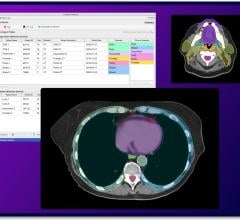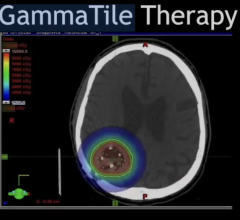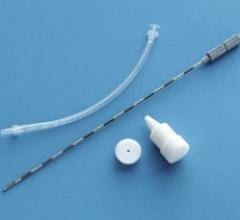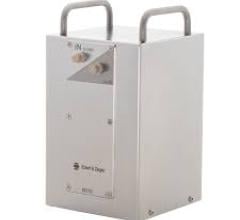October 16, 2012 — The Society of Nuclear Medicine and Molecular Imaging (SNMMI) has issued an updated practice guideline on the treatment of thyroid cancer patients with I-131 (sodium iodide). Published in the October issue of the Journal of Nuclear Medicine (JNM), the guideline serves as an educational tool designed to assist trained practitioners in evaluating patients for therapy with I-131 for benign or malignant diseases of the thyroid gland, performing this treatment in a safe and appropriate manner, understanding and evaluating the pathological conditions resulting from the therapy, and reporting the outcomes of therapy.
“A great deal was changed in this new version of the guideline for I-131 therapy,” said Edward B. Silberstein, M.D., lead author of the guideline. “We have defined the levels of risk of thyroid cancer to patients which help determine the treatment needed, addressed the adverse effects of therapy, detailed the guidelines and regulations for patient release after I-131 therapy, and much more.”
Oral administration of I-131 has been a commonly accepted procedure for treatment of benign and malignant disorders of the thyroid since the 1940s. Physicians responsible for treating thyroid cancer patients should have an understanding of the clinical pathophysiology and natural history of the disease processes, be familiar with alternative forms of therapy, and be able to collaborate closely with other physicians involved in the management of the patient’s condition. The treating physician should either see patients in consultation with the physician assuming overall management of the patient’s condition or be prepared to assume that role. In the United States, the treating physician should be board-certified in nuclear medicine or able to document equivalent training, competency and experience in the safe use and administration of therapeutic I-131.
Licensure to possess I-131 and regulations regarding the release of patients treated with radioiodine, while governed by the Nuclear Regulatory Commission, vary from jurisdiction to jurisdiction. Physicians engaged in therapy with I-131 must be knowledgeable about, and in compliance with, all applicable laws and regulations. The facility in which treatment is performed must have appropriate personnel, radiation safety equipment and procedures available for waste handling and disposal, monitoring personnel for accidental contamination and controlling spread of I-131 to conform to state and federal regulations. All physicians engaged in therapy have a duty to ensure that their knowledge and competencies are up to date.
The SNMMI practice guideline for I-131 therapy for thyroid cancer reviews common clinical indications; qualifications and responsibilities of personnel; procedures and specifications of the examination; documentation and reporting; equipment specifications, quality control and improvement, safety, infection control and patient education concerns; and radiation dosimetry.
“In addition, we’ve also highlighted 14 issues that require further clarification, such as the diagnostic role of alternative imaging agents for thyroid cancer, the frequency and length of long-term follow-up after I-131 therapy, and others. SNMMI will work to address these issues in future versions of the guideline,” noted Silberstein.
Each practice guideline, representing a policy statement by SNMMI, undergoes a thorough consensus process in which it has been subjected to extensive review, requiring the approval of the Committee on Guidelines and SNMMI Board of Directors. SNMMI emphasizes that the safe and effective use of diagnostic nuclear medicine imaging requires specific training, skills, and techniques, as described in each document.
For more information: www.snmmi.org/guidelines

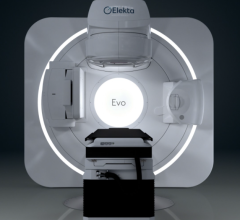
 May 14, 2024
May 14, 2024 


